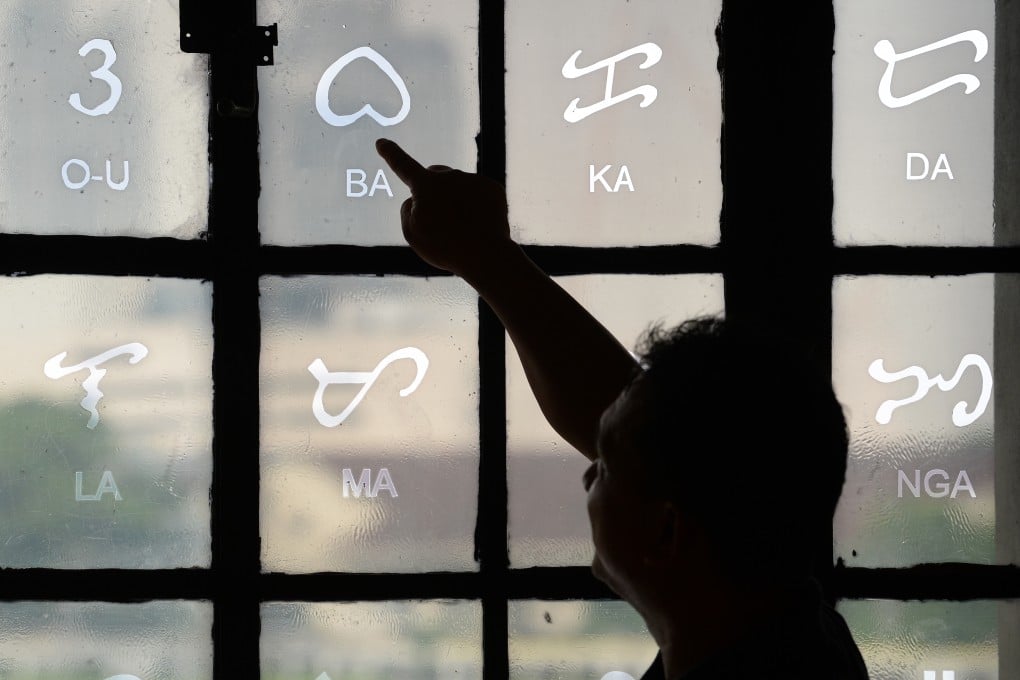Card game celebrates pre-colonial Filipino script baybayin, and creator hopes to help inspire its revival
- The Tagalog script baybayin fell out of use after Filipinos were made to adopt Spanish under colonial rule, but scholars are pushing to resurrect it
- A young artist has created a card game to teach baybayin, and is delighted to see it becoming a vehicle to bolster national pride

A young Philippine artist and freelance illustrator has created a card game she hopes will inspire her countrymen to help revive the written language used by their ancestors.
Patricia Ramos hopes her simple game will teach players across the Philippines how to read the ancient writing system of baybayin, widely used before the Spanish invasion of the archipelago in the 1500s.
A written form of Tagalog, the language still spoken by a quarter of all Filipinos and the basis of the national language of Filipino, baybayin is descended from a third century South Asian form of Indic writing called Brahmi.
“The goal of the game is to teach players how to read baybayin,” says Ramos, a 24-year-old Manila-based enthusiast. “I want people to view the game as a way to reconnect to our history, to reconnect to our roots.”

Colonists from Spain forced the local people to learn the Spanish language and alphabet. Many of the native tongues and scripts across the nation’s 7,000 islands eventually faded into obscurity from lack of use.
Ramos’ linguistic card game comes at a time when dwindling local languages – both written and spoken – are experiencing a global renaissance. Once suppressed or banned by invaders or overlords, they have been revived by passionate loyalists in recent decades.